Your book collection can be attacked by many types of biological agents. Biological attacks can have a macro or micro biological origin.
The first group includes rodents, birds, bats and insects; the second group includes bacteria, fungi and other microorganisms.
In this article we’ll see which insects most frequently attack book collection and often destroy them.
And simple ways to detect their presence.
Includes a “insect trap” model that you can do at home in order to protect your book collection .
To learn how to preserve your books and documents. Discover the online course on Preservation of Books and Documents.
What insects are eating your book collection
There are several types of insects that can damage books and documents:
cockroach
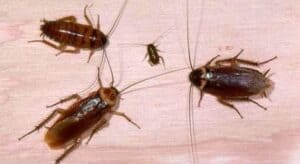
Mainly damages paper and leather.
You can learn more about this insect here.
In this link you will find more information about this insect and How To Get Rid Of The Brown Banded Cockroach .
Silverfish
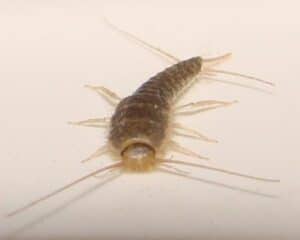
Attacks mainly paper coated with animal glue, also feeding on starch glues, textiles and cardboard bindings.
The damage caused in your book collection is visible from wear and tear on the surface of the materials, and in more extreme cases can lead to tears.
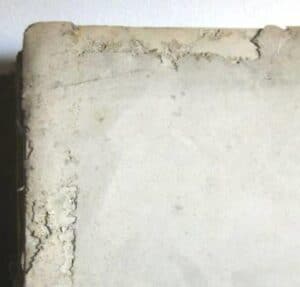
This insect is most active at night and in warm and dark places, causing damage in all stages of its life.
Booklice
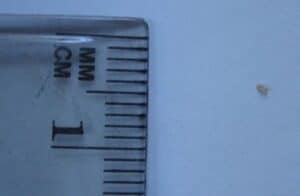
This little insect attacks mainly organic glues and hides. It proliferates in damp environments, feeding also on fungi.
Common furniture beetle (anobium punctatum)

Generally known as woodworm, this insect attacks paper and cardboard, making circular holes, similar to those it makes in wood.
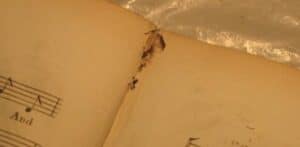
Adult insects lay their eggs inside existing holes, taking 3 to 4 weeks to hatch, usually in late summer or early fall. It is the larvae (which can remain in this state for up to 5 years) that cause damage, devouring books and documents.
Next you will learn how to detect if your book collection is under attack.
Learn about preventive conservation with the online courses
Photography Conservation Course & History of Photographic Techniques
How to detect the insects that are eating your book collection
In order to conveniently detect any infestation scenario, it is necessary to know what the organisms feed on, where they shelter and what is the favorable environment for their presence and proliferation.
The first step towards the early detection of the presence of insects is the continuous monitoring of spaces and collections, namely through the use of traps.
The amount of insects that are trapped in the traps helps, not to eradicate them, but to understand if you are facing a pest or not.
It is often thanks to these traps that the existence of problems in the building that are contributing to the increased presence of insects is indirectly detected.
Insect trap
Model and instructions
It is also recommended
Regularly check the books and documents themselves, in order to identify the possible presence of larvae, eggs and excrement (which in the case of the weevil resemble small piles of sawdust) inside or on the volumes, or even nearby.

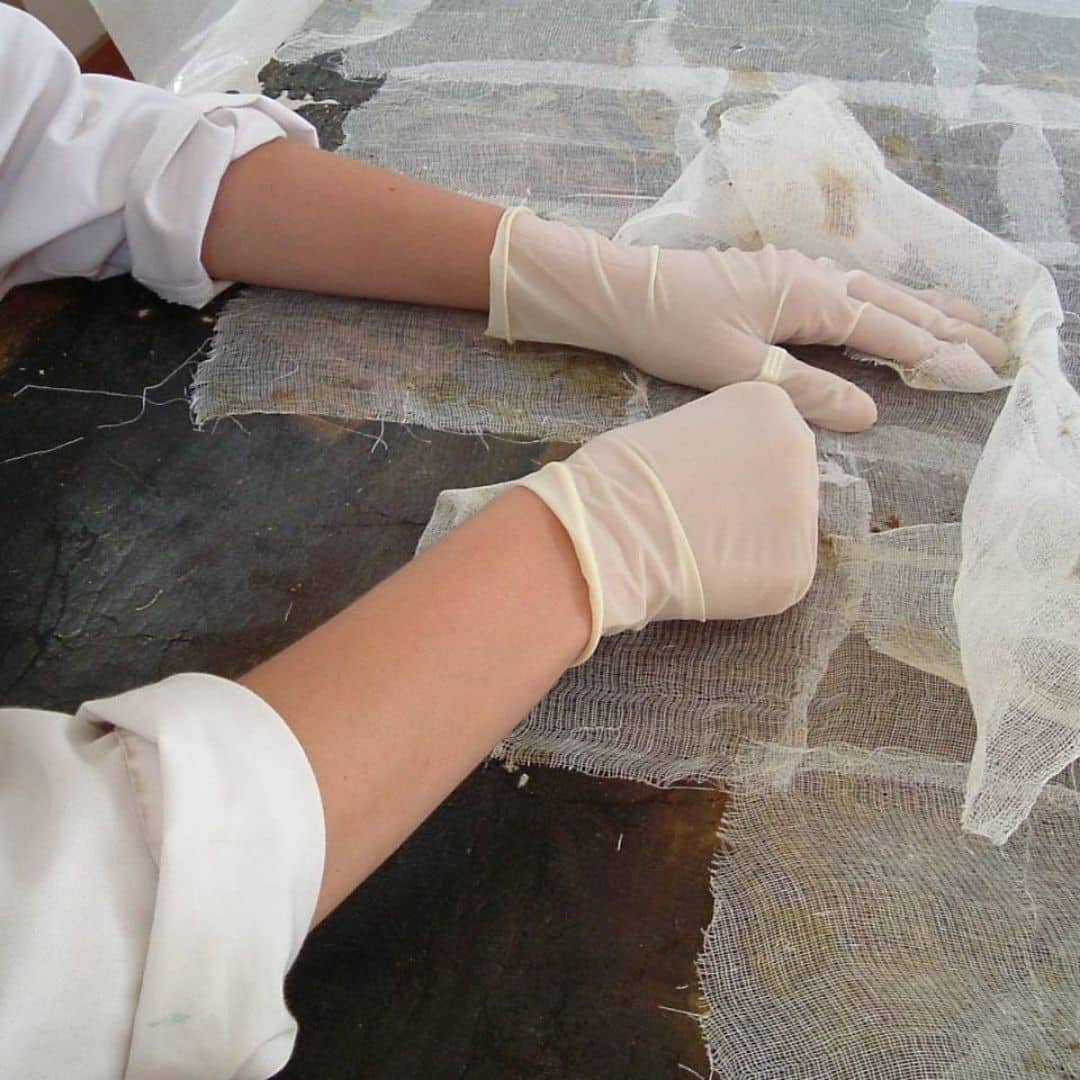
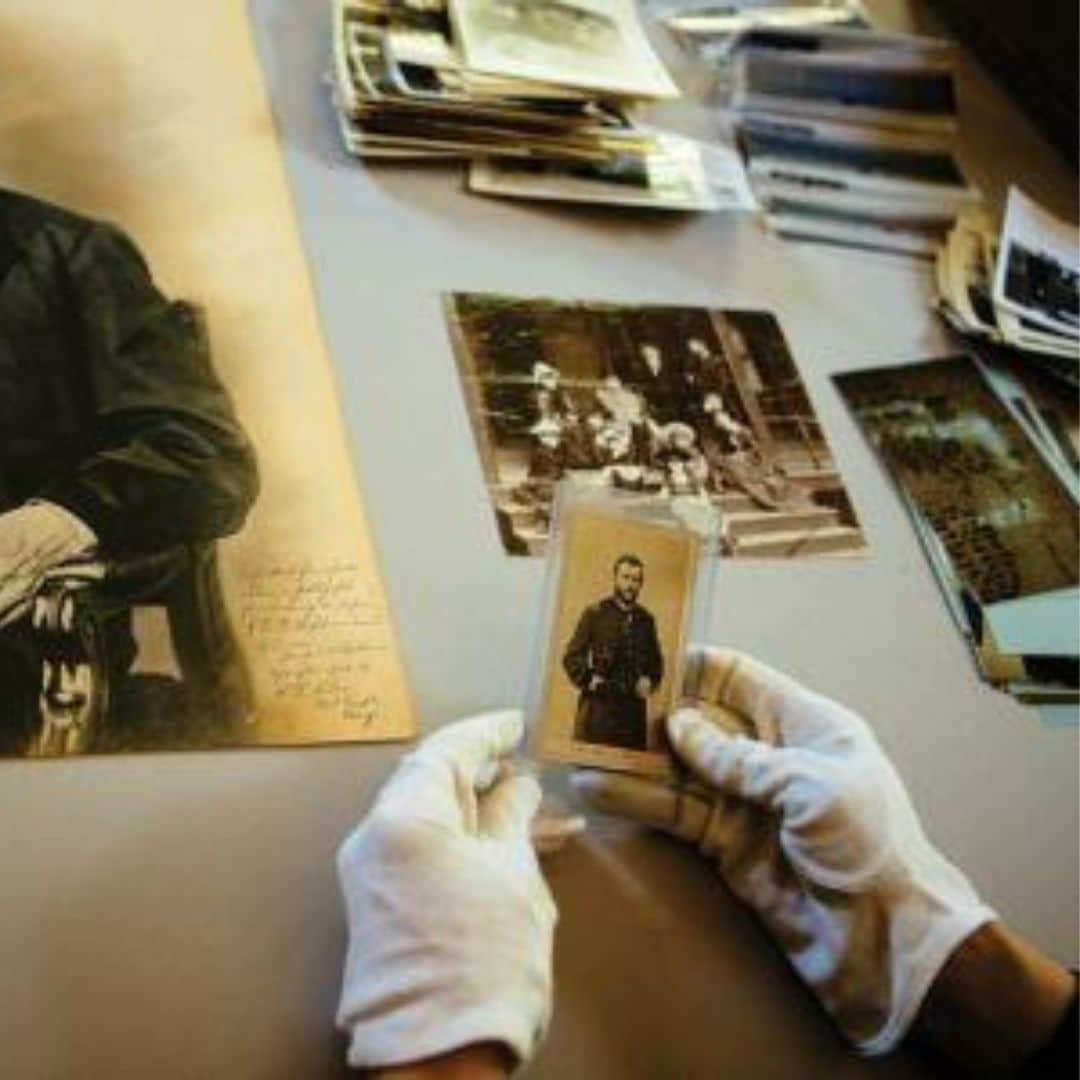
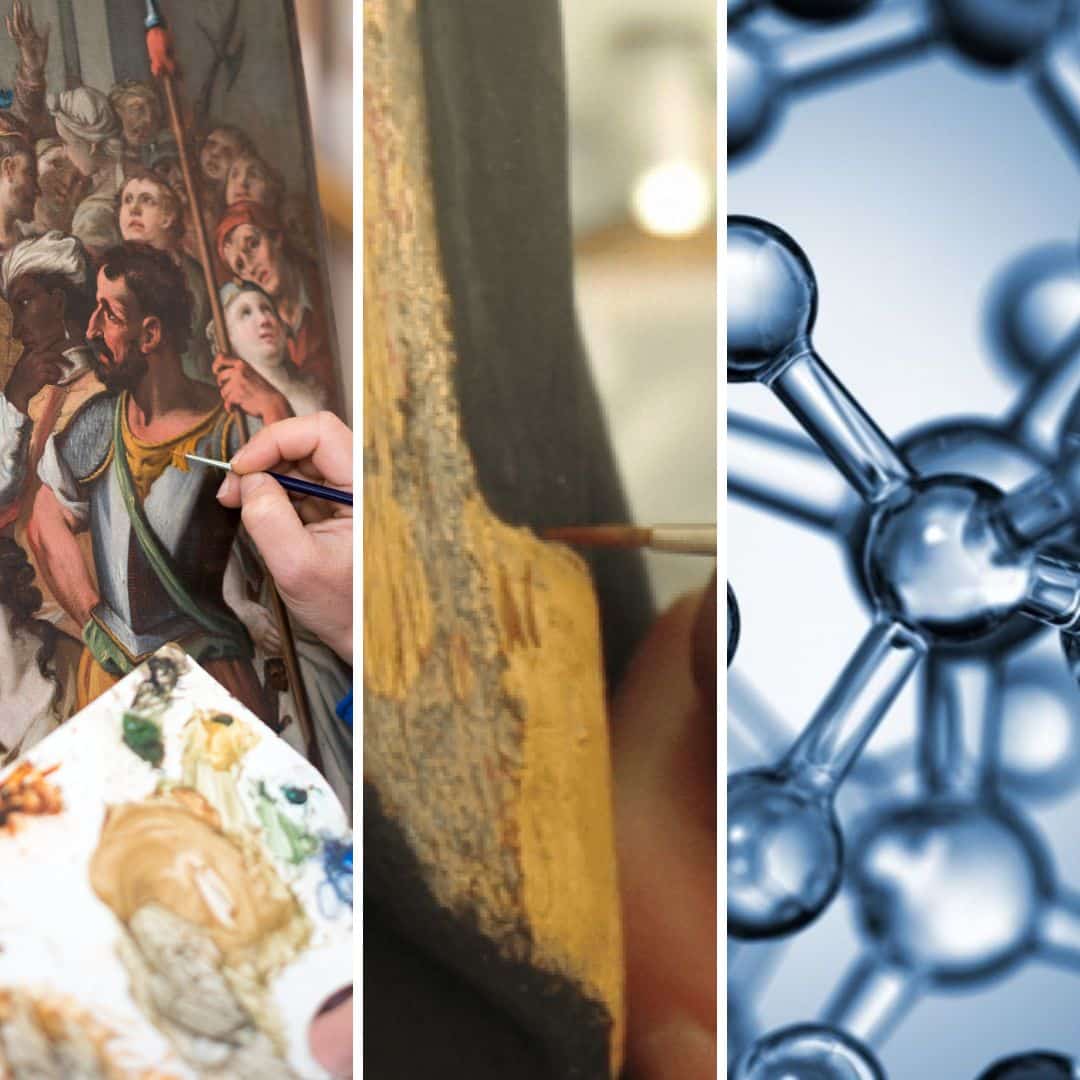
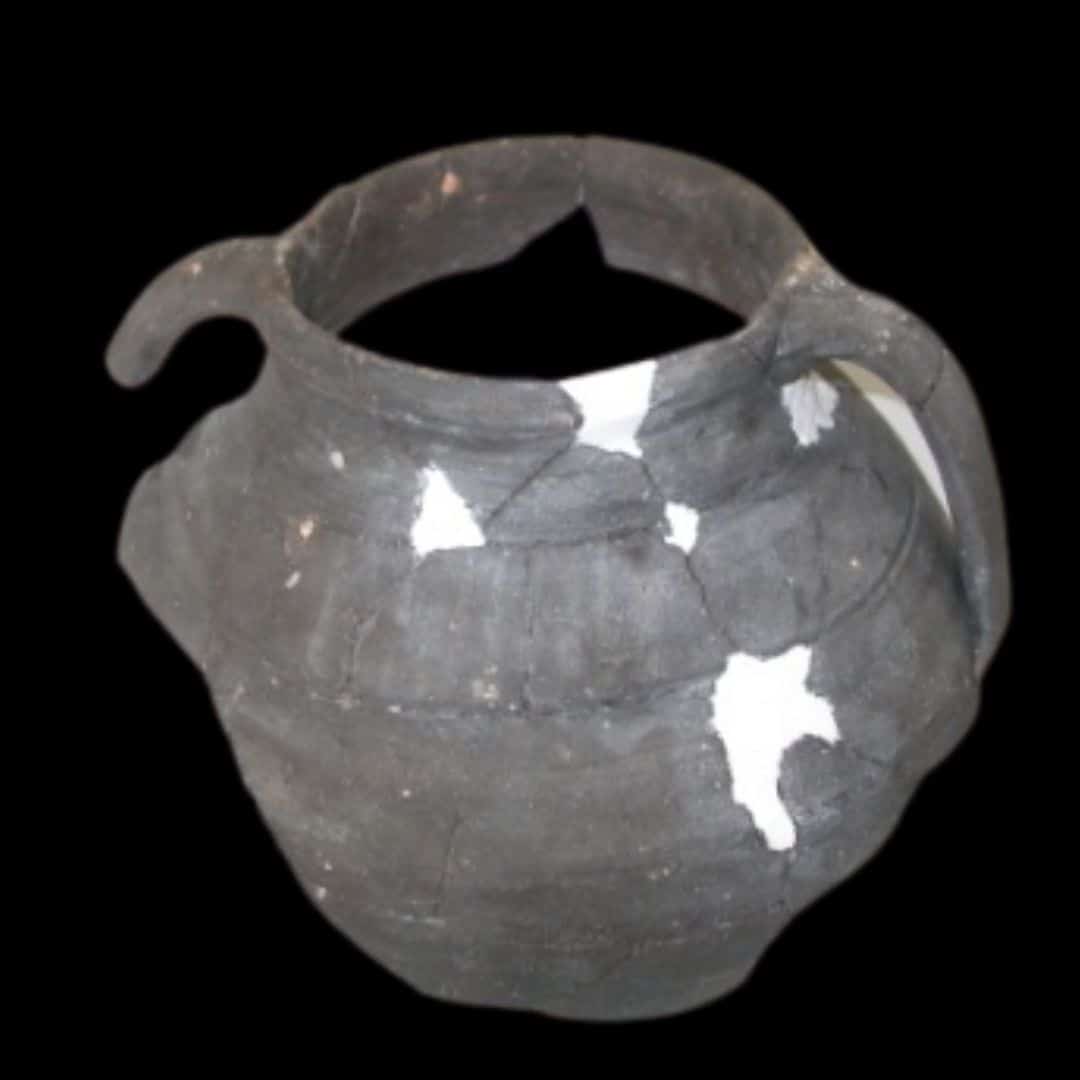

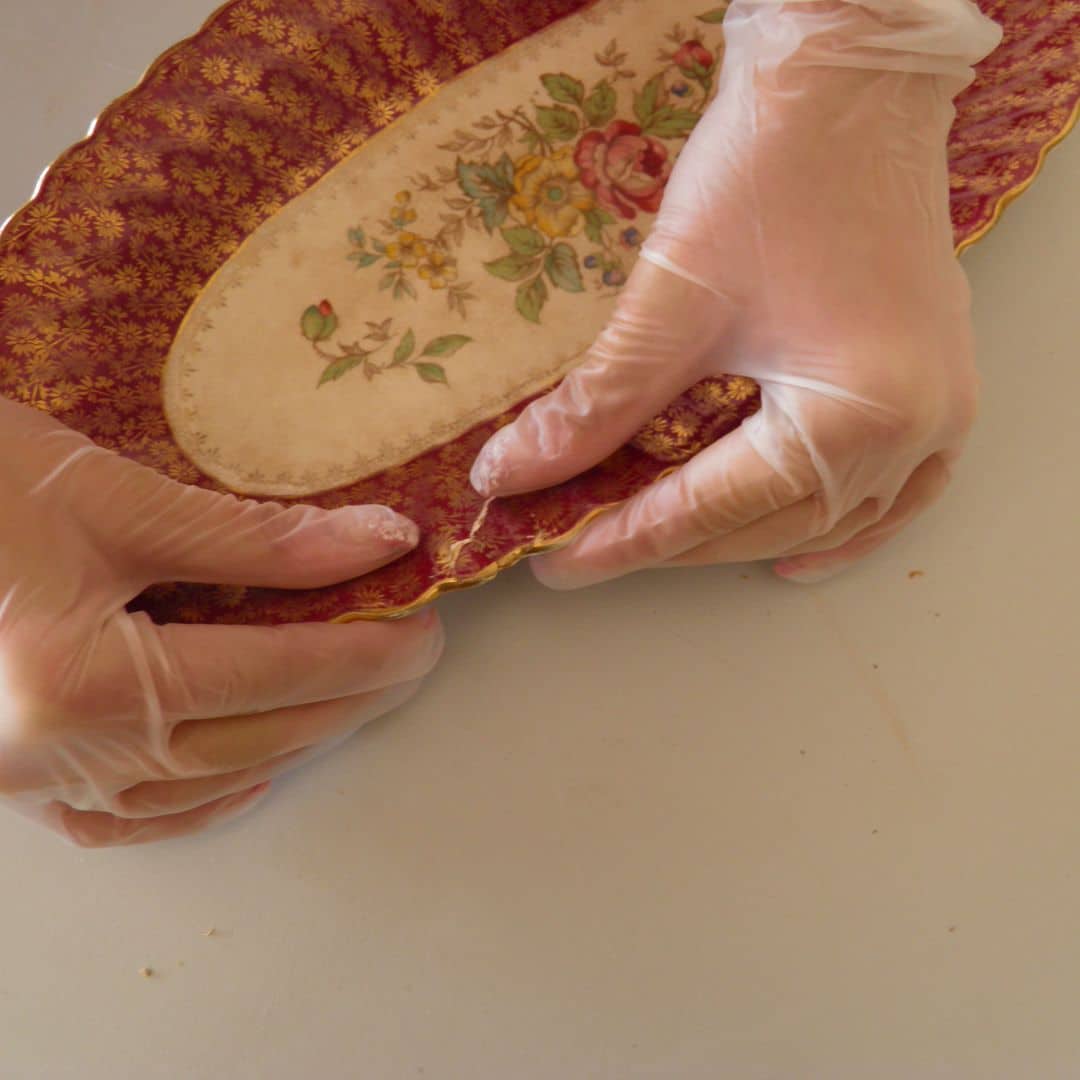
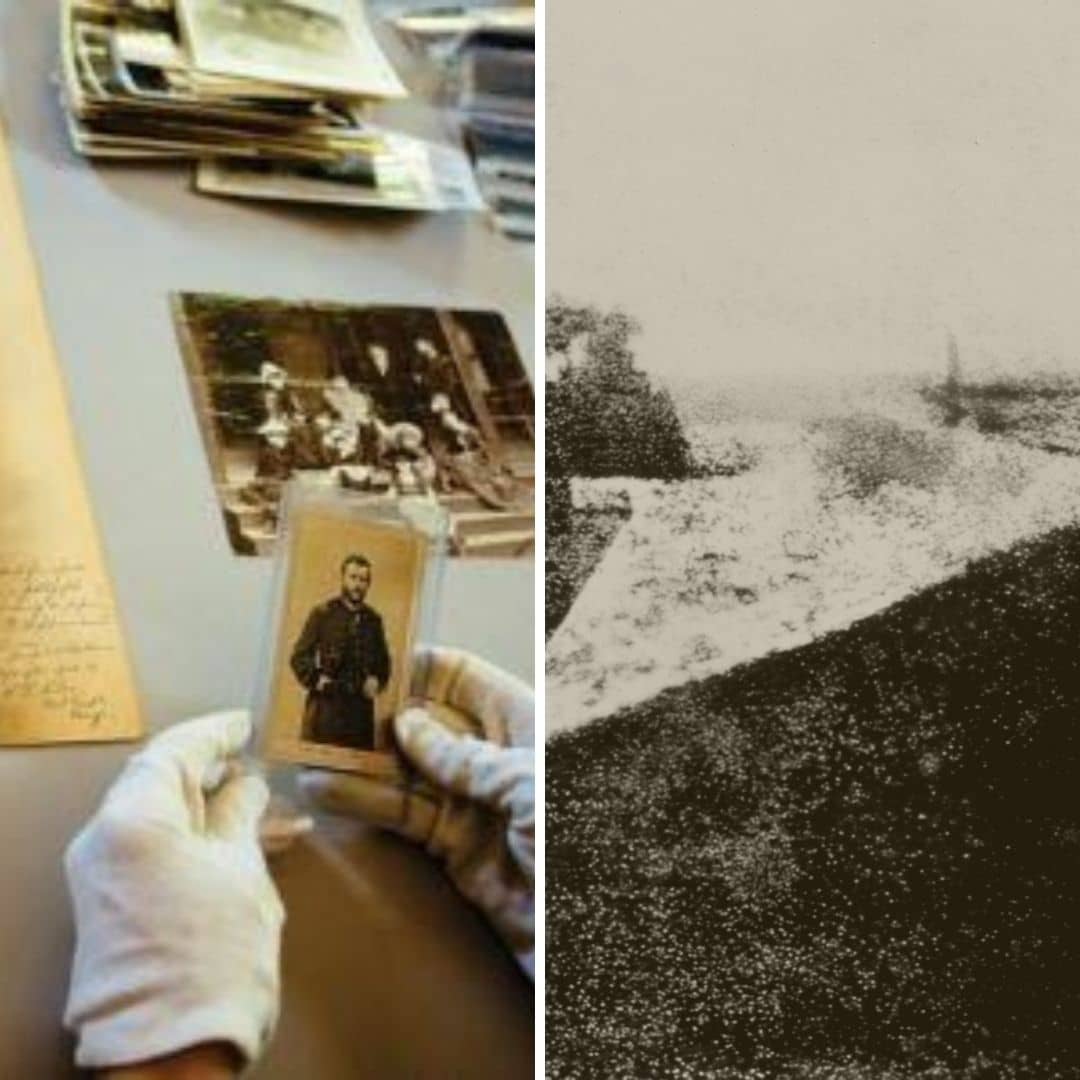

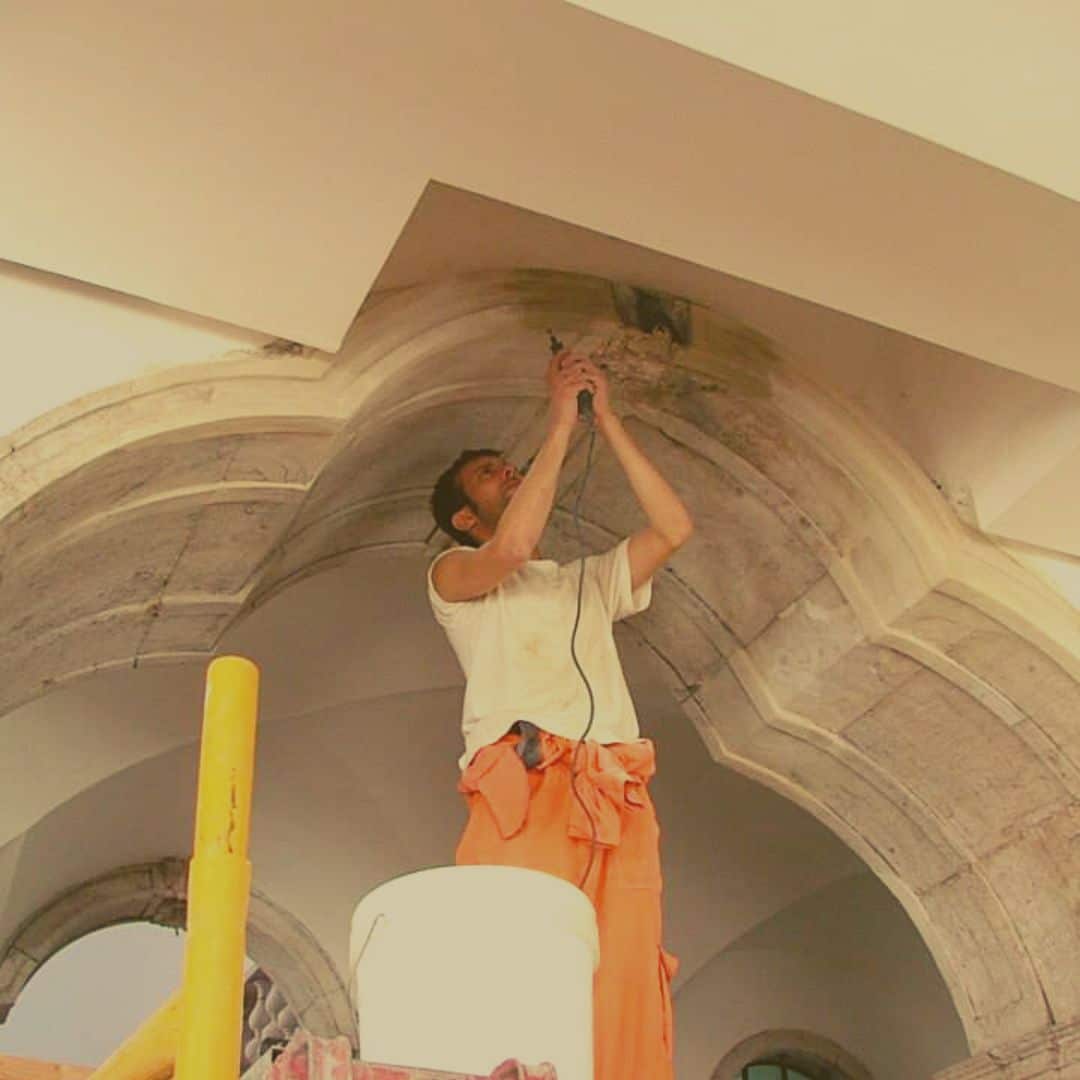

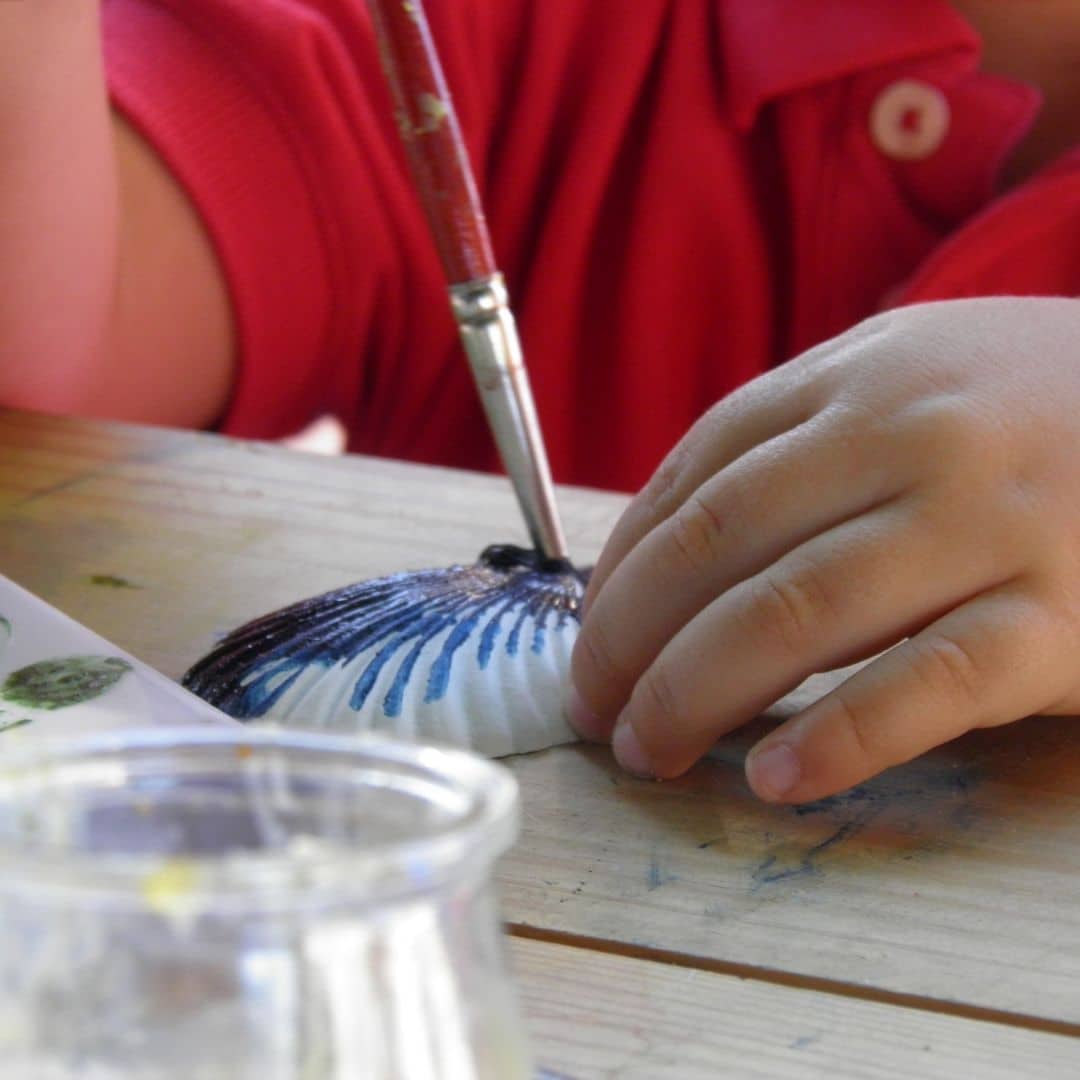
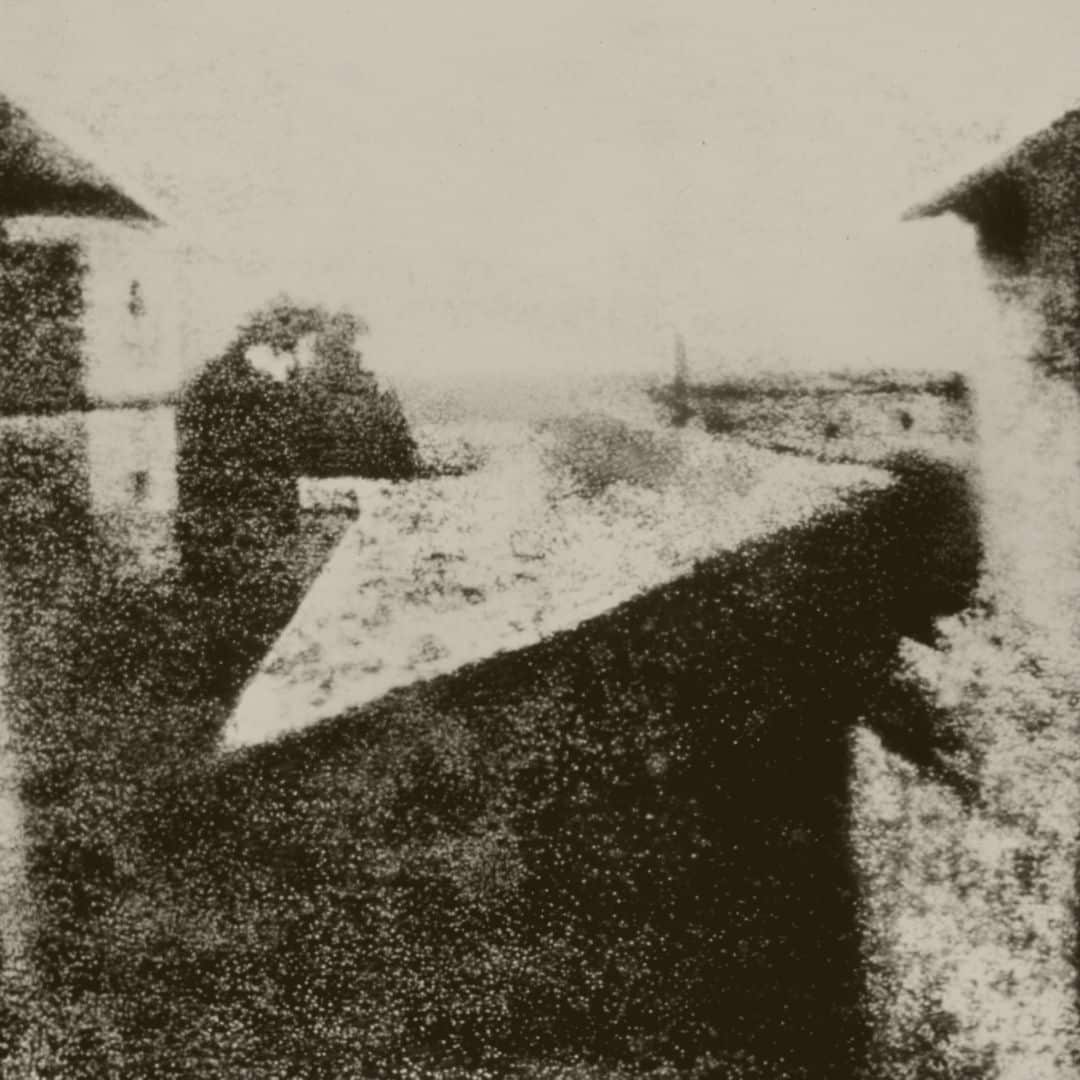




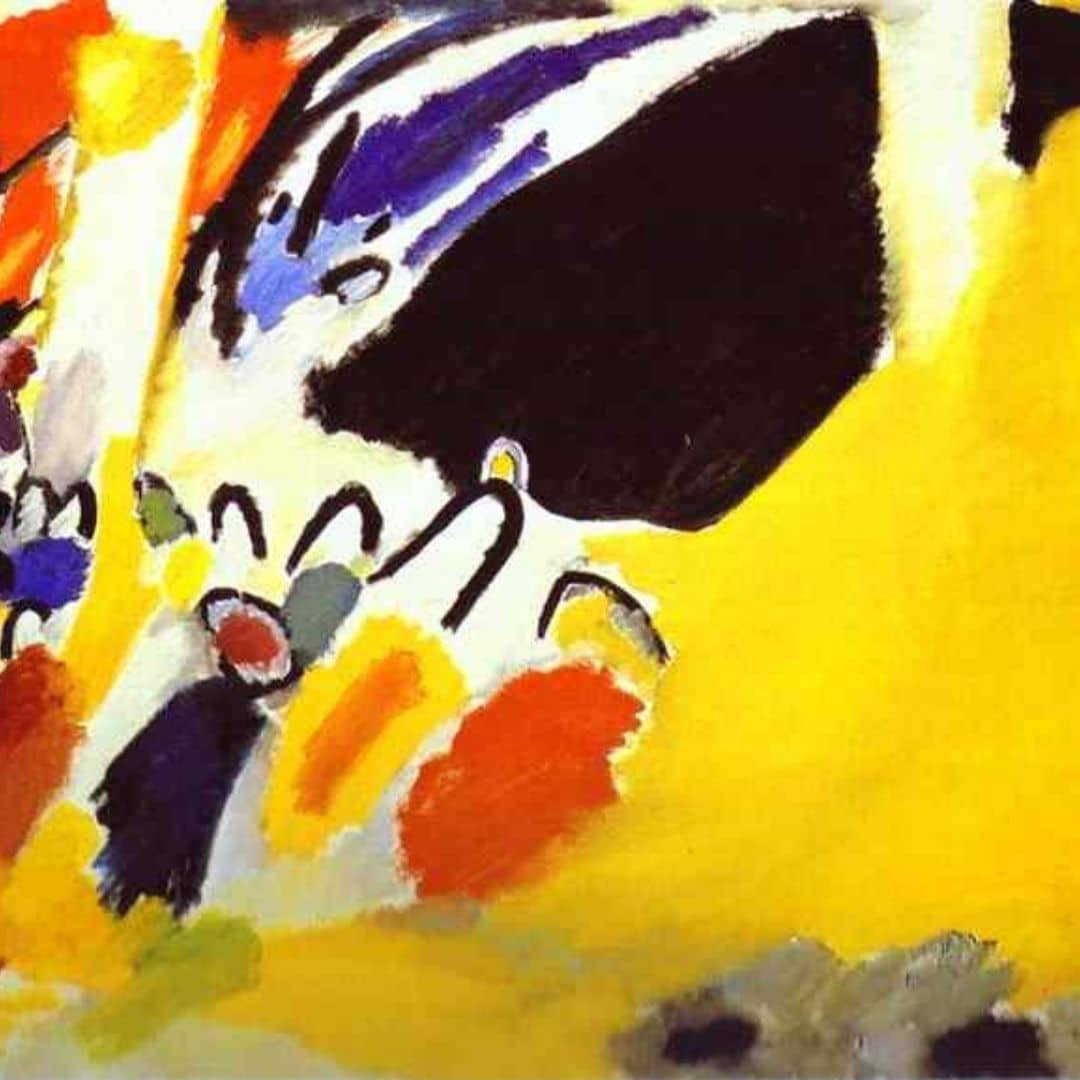

1 Comment.
You made some good points there. I did a search on the topic and hardly found any specific details on other sites, but then great to be here, seriously, thanks.